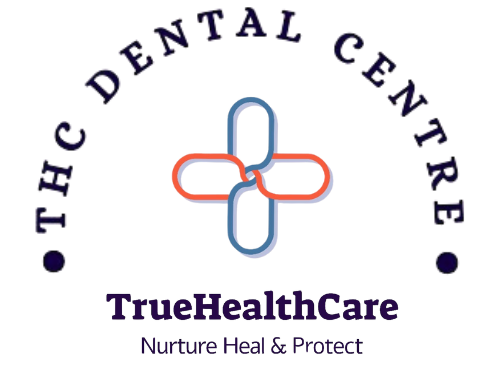Introduction
Dental scaling is a common teeth cleaning procedure. It helps remove plaque and tartar from your teeth. Plaque is a sticky film of bacteria. Tartar is hardened plaque that brushing cannot remove. Because dental scaling keeps your mouth healthy, it is very important for everyone. Regular scaling can prevent gum disease and tooth loss. According to the CDC, good oral care helps protect your overall health too.
What is Dental Scaling?
Dental scaling is a deep cleaning treatment. Dentists use special tools to clean above and below the gum line. This process removes plaque and tartar that regular brushing misses. Sometimes, scaling is paired with root planing. Root planing smooths the tooth roots to help gums heal. However, scaling alone is often enough for mild cases. Dental scaling is safe and effective when done by a trained professional.
Who Needs Dental Scaling?
Not everyone needs dental scaling often. Still, some people benefit more from this teeth cleaning procedure. You may need dental scaling if you:
For example, people with diabetes or smokers may need scaling more often. Your dentist will check your mouth and suggest the right schedule for you.
Benefits of Dental Scaling
Dental scaling offers many benefits for your oral health. Some of the main benefits include:
Because dental scaling targets hidden buildup, it can also help your smile look brighter. Over time, regular scaling supports strong teeth and healthy gums.
The Dental Scaling Procedure
Many people wonder how dental scaling works. The process is simple and safe. Here is what you can expect during a typical dental scaling appointment:
Most dental scaling sessions take 30 to 60 minutes. However, the time may vary based on your needs.
Aftercare Tips and Recovery
After dental scaling, your mouth may feel sensitive. But this is normal and should go away soon. To help your mouth heal, follow these aftercare tips:
If you notice swelling or pain that lasts more than a few days, contact your dentist. Most people recover quickly and feel better within a day or two.
Risks and Side Effects
Dental scaling is very safe when done by a professional. Still, some people may notice mild side effects. These can include:
Usually, these side effects go away in a few days. However, if you have severe pain or signs of infection, call your dentist right away.
Prevention and Oral Hygiene Tips
Good oral hygiene can help prevent the need for frequent dental scaling. Try these simple tips:
Because prevention is easier than treatment, these habits can keep your mouth healthy and reduce the need for dental scaling.
Frequently Asked Questions
For more information, you can visit trusted sources like the CDC or the WHO.
Consult a dental professional for personalized advice on dental scaling and oral health.

